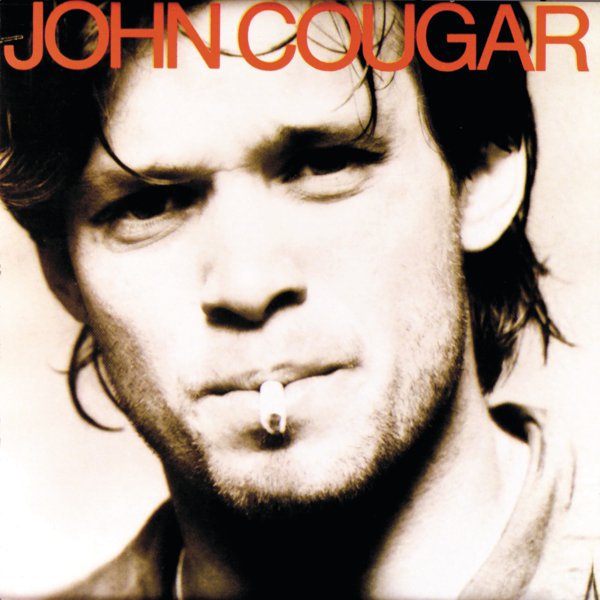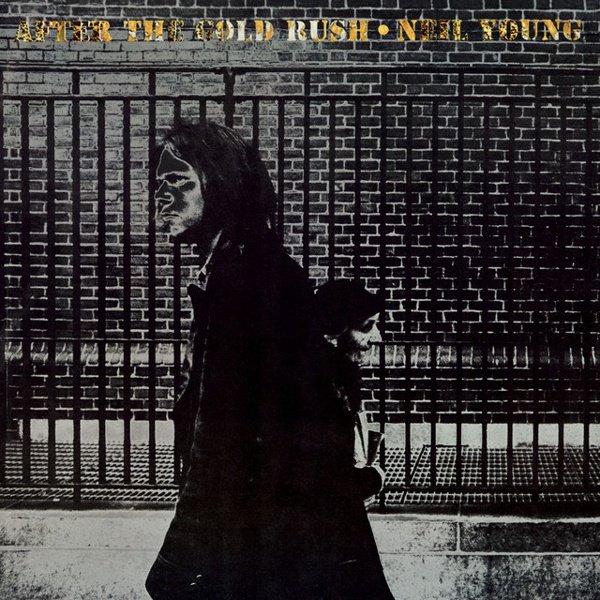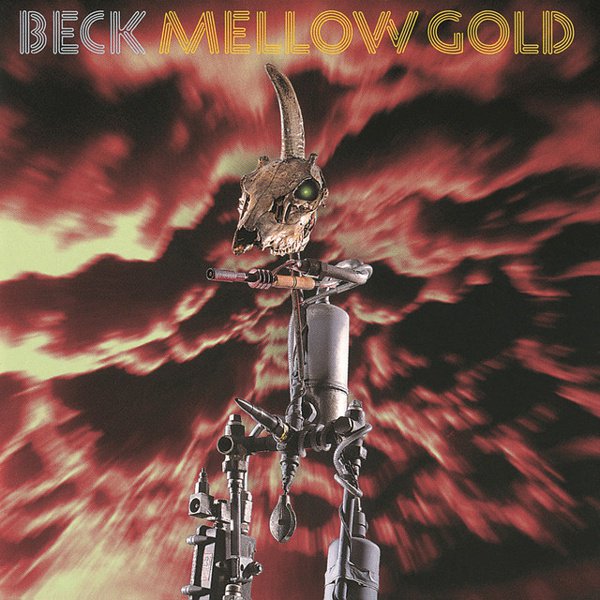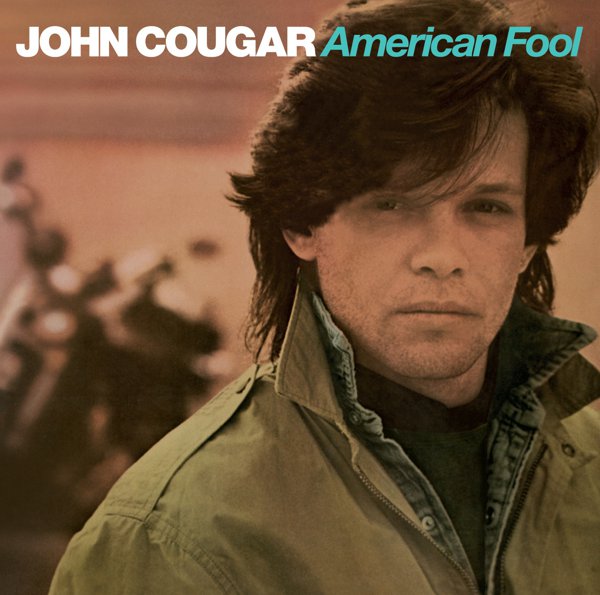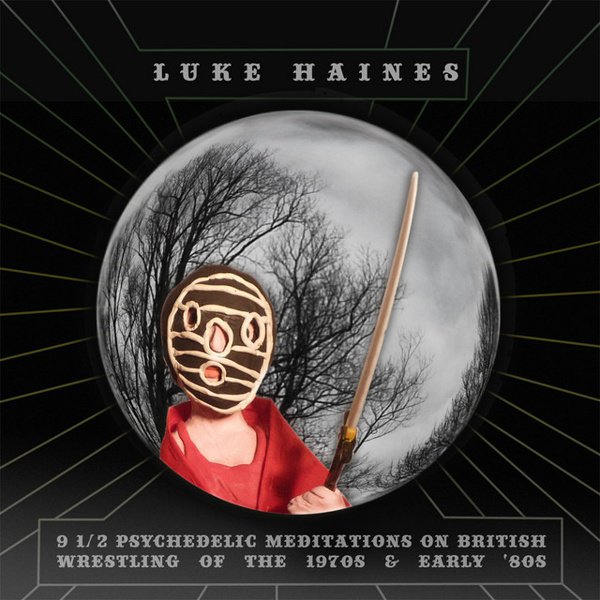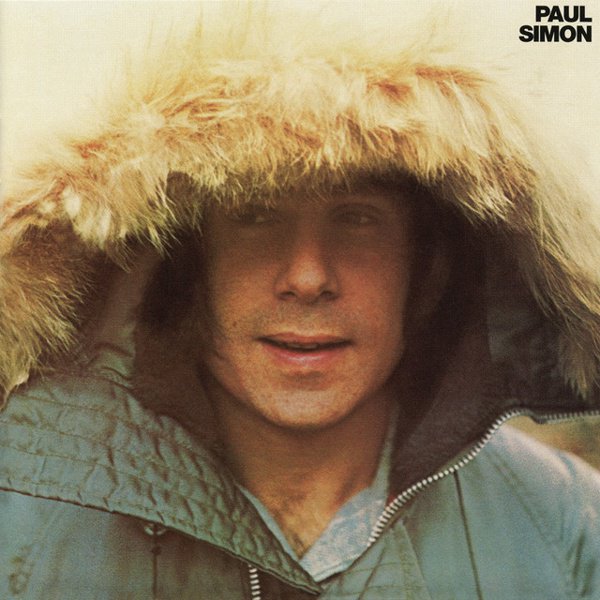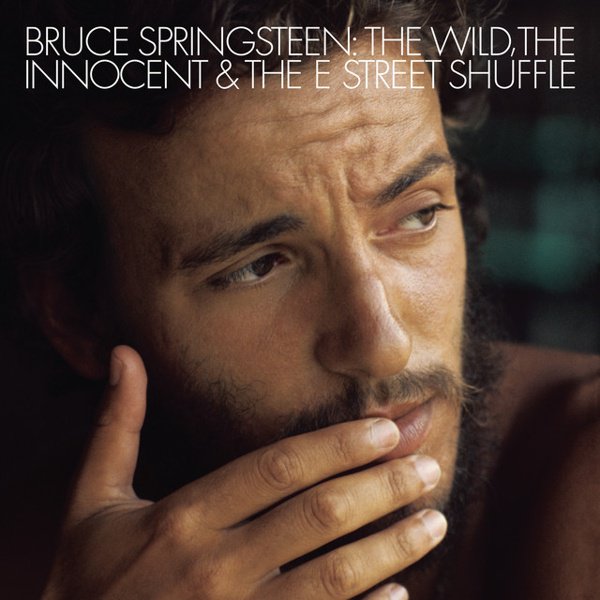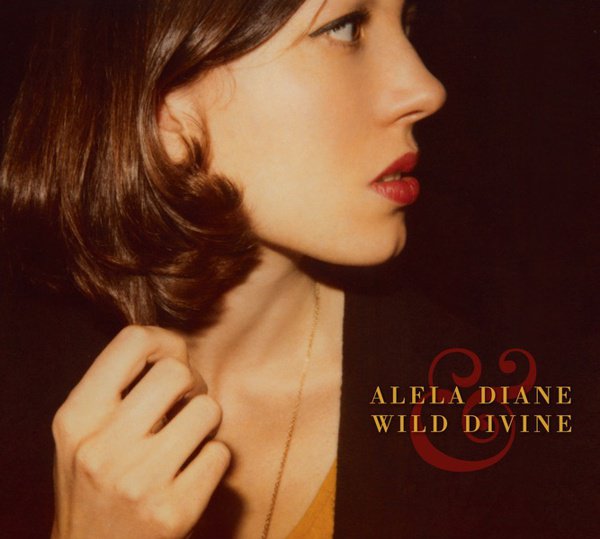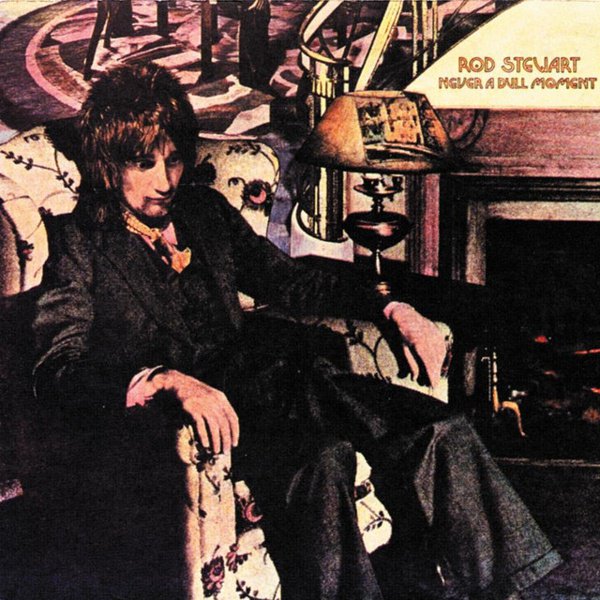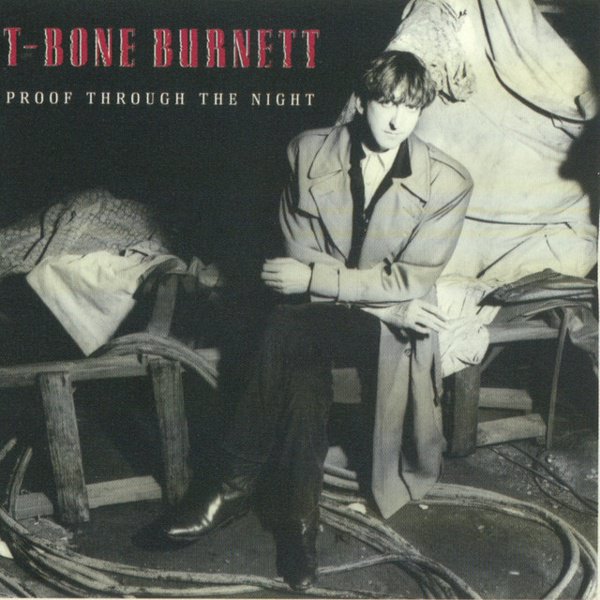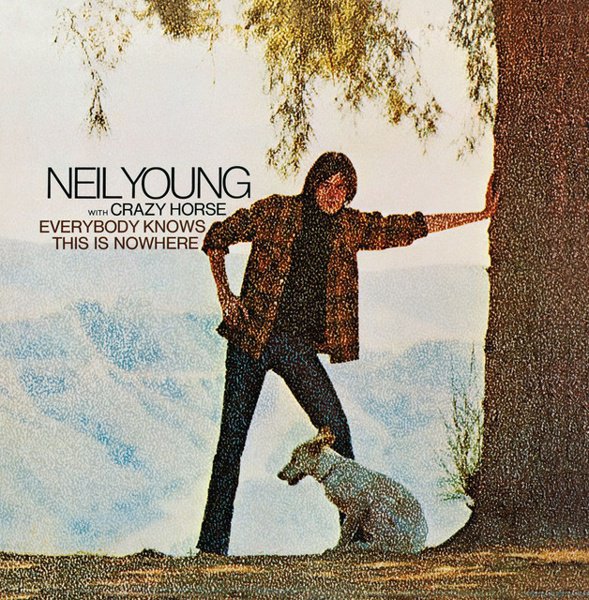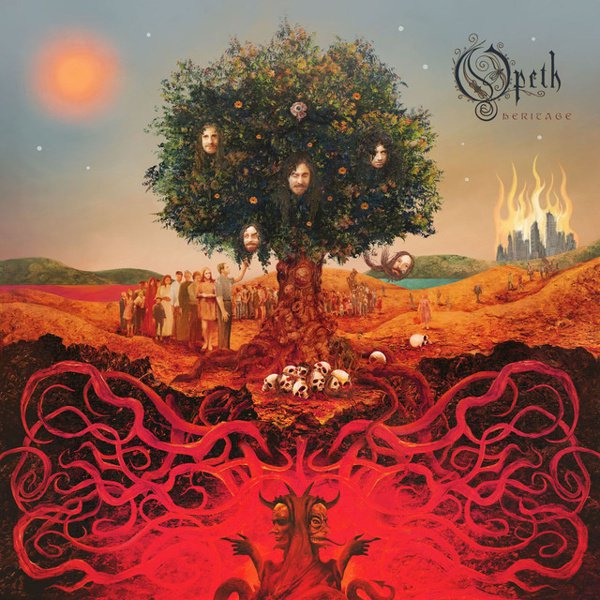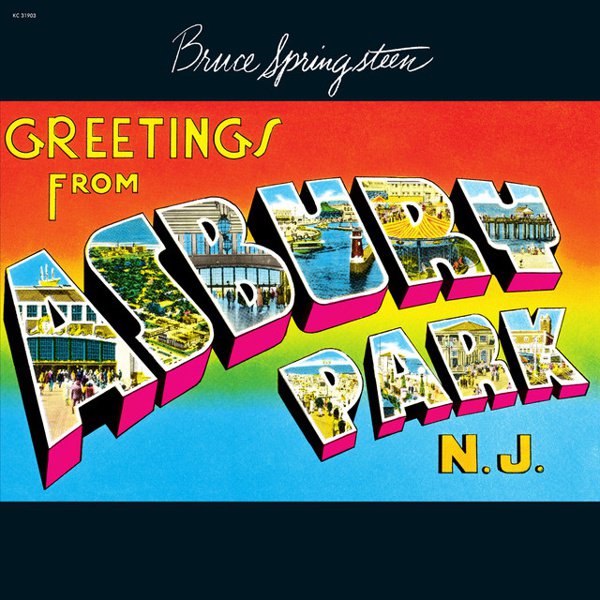
Recommended by
Greetings from Asbury Park, N.J.
1973 was the perfect moment for Bruce Springsteen to arrive. His debut LP coincided with the widespread sense that young urban idealists were starting to settle into a now-inevitable-feeling sense of Nixon-era disillusionment and American Graffiti hot-rod nostalgia. So Greetings from Asbury Park, N.J. landed as a still-potent example of how thrilling it could be to romanticize that lost innocence — and how necessary it was to temper that with a deep connection to the ways that innocence’s unsustainability could mess you up even in your youthful prime. Springsteen’s songwriting was already vivid and unique enough to light a fire under the rock world’s collective ass; Manfred Mann’s Earth Band notched heavy mid ’70s AOR airplay with no less than three covers of songs off this album alone, and two of those — the hazily-recalled teenage debauchery of “Spirit in the Night” and the delirious-with-assonance boardwalk Beat poetry of “Blinded By the Light” — were written under pressure after Clive Davis’s “I don’t hear a single” gripes. The other one, “For You,” is another early Bruce gem — romance as mutual desperation, where the entreaties are simultaneously frustrated and empathetic (“And your strength is devastating in the face of all these odds/Remember how I kept you waiting when it was my turn to be the god?”) and the sweet ride he offers his love interest is a rescue in an ambulance. There’s still room for lighthearted sentiment; “Growin’ Up,” later a live-set showcase for banter-filled, tongue-in-cheek reminiscing stories, is a masterpiece of teen rebellion as personal epiphany. But you can hear what’s coming from the air of devastation around Nam-homecoming ennui study “Lost in the Flood” and the way “It’s Hard to Be a Saint in the City” emphasizes the idea of rock’n’roll coolness as armor against despair. Springsteen’s songwriting stands out a bit more than the still-developing folk-rock musicianship — an imbalance that he and his quickly coalescing E Street Band would address in spectacular fashion one album later — but when the songwriting is this peerless, the work of a Dylan whose Woody Guthrie was Ronnie Spector, his vernacular profundity could carry the weight of an increasingly uncertain world.

